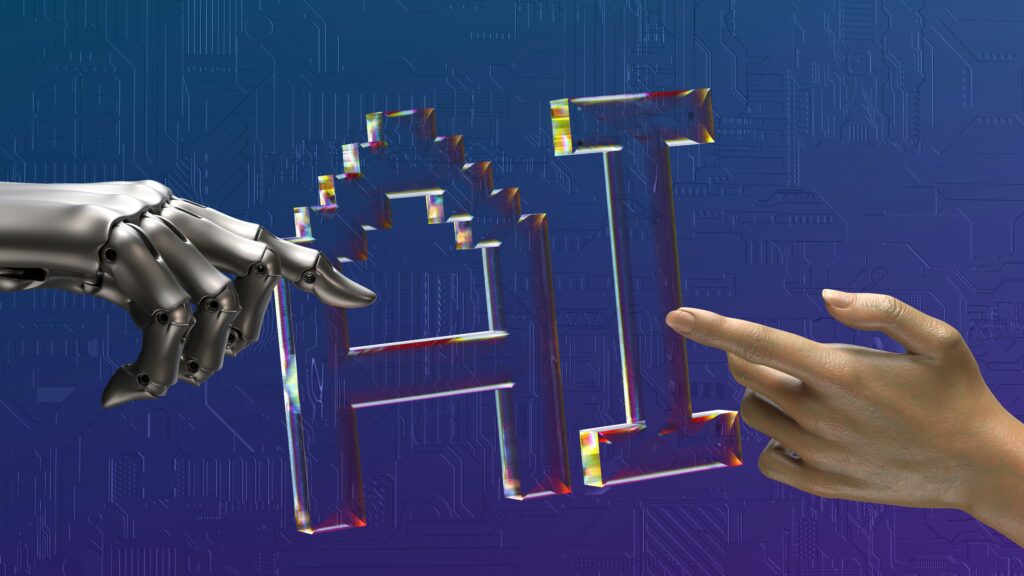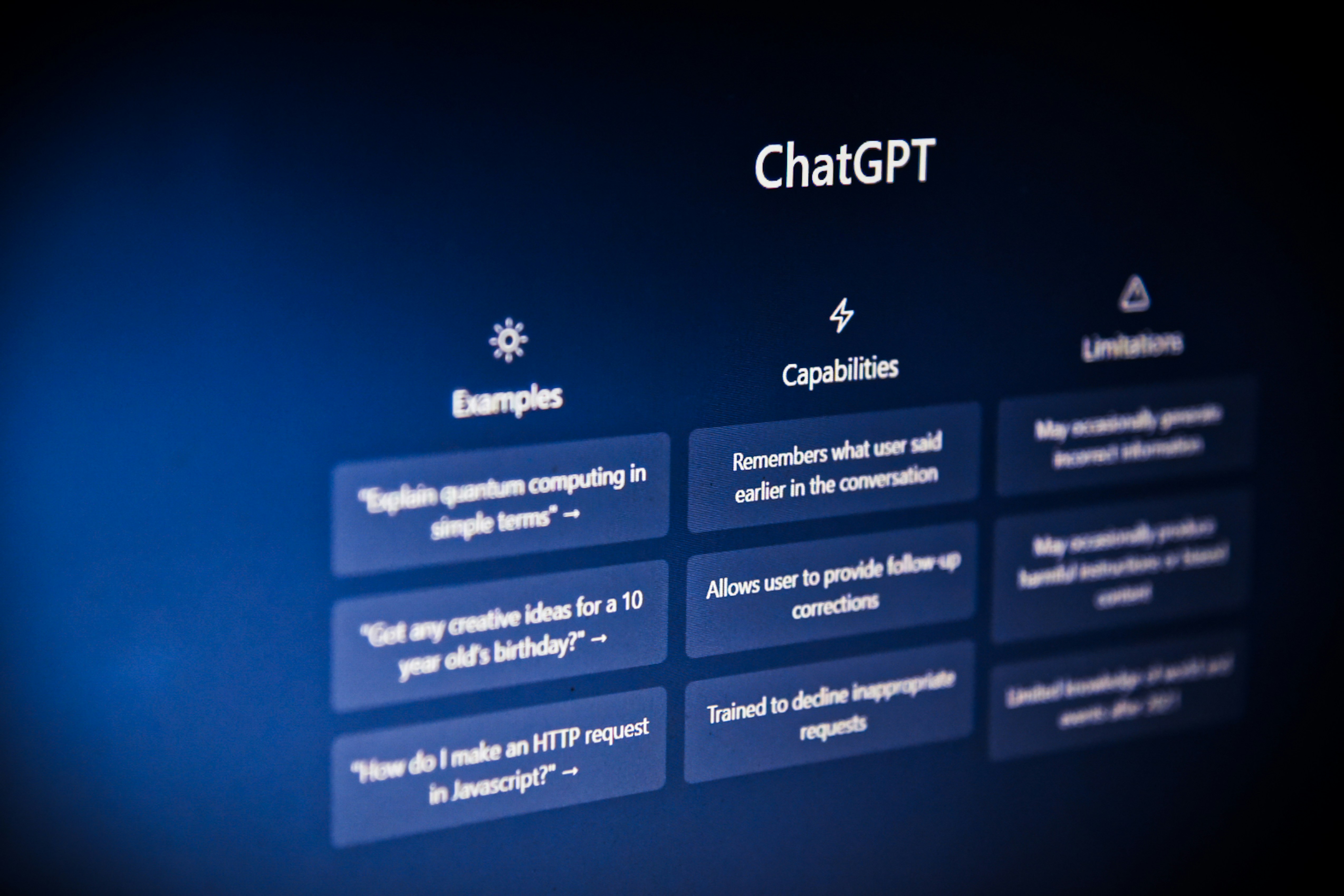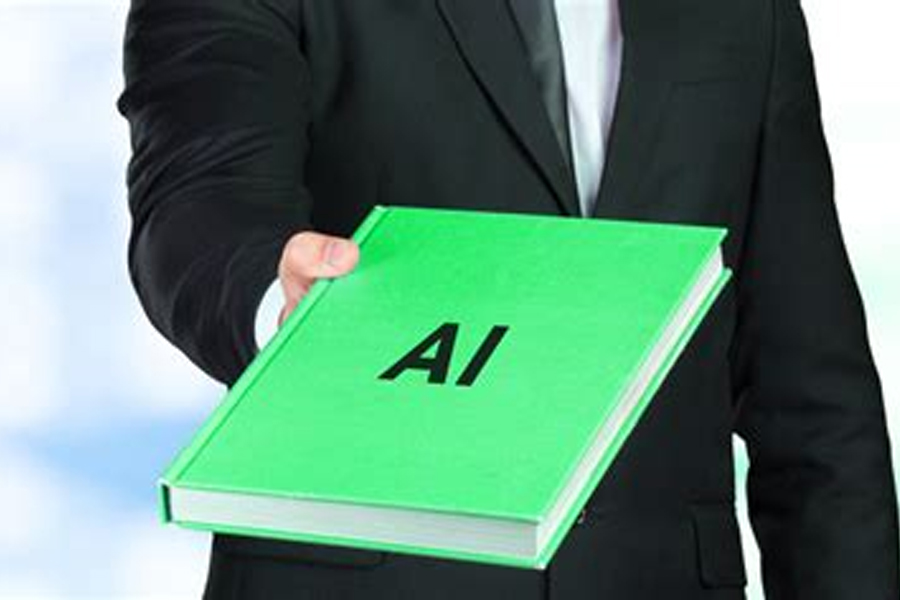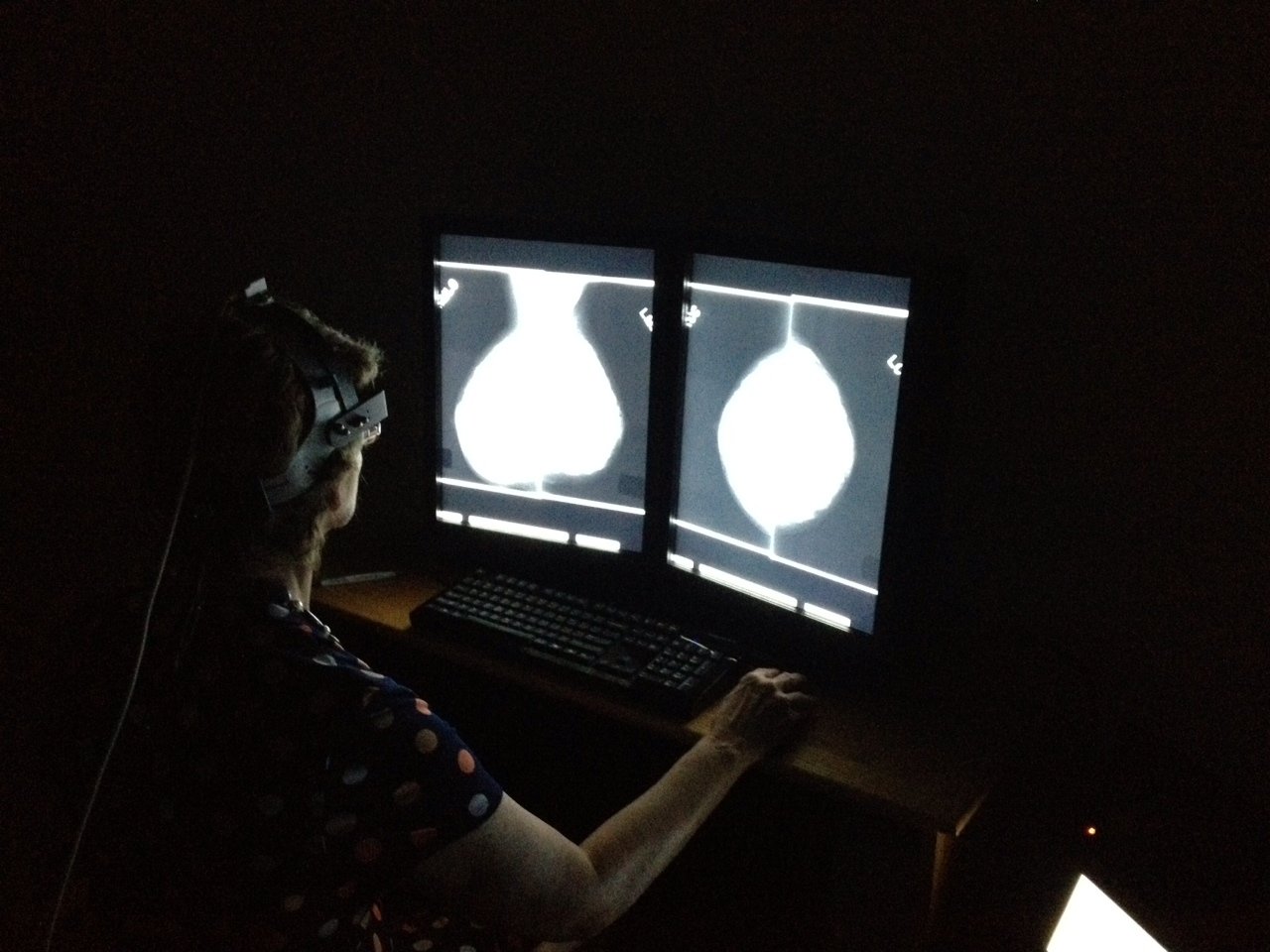For decades, science fiction has painted a future dominated by robots, relegating humans to the sidelines. Images of self-driving cars replacing taxi drivers and robotic arms assembling entire factories have fueled anxieties about the future of work. However, as artificial intelligence (AI) continues to evolve and integrate into various industries, the reality is far more nuanced. This blog post delves into the dynamic interplay between humans and machines in the workplace of tomorrow. We’ll explore how AI is not a harbinger of mass unemployment, but rather a catalyst for a transformation that necessitates a strategic shift in skillsets and a focus on human-AI collaboration.

The Automation Wave: Reshaping Roles, Not Replacing Humans
AI’s ability to automate repetitive, rule-based tasks is undeniable. Consider the manufacturing industry, where companies like Ford are utilizing robotic welding arms on assembly lines, leading to increased efficiency and reduced production times. Similarly, the financial services sector has seen a rise in automated trading algorithms that analyze market trends and execute trades with lightning speed, a task previously performed by human stockbrokers.
However, it’s crucial to understand that automation doesn’t necessarily equate to job displacement. Instead, AI is often reshaping existing roles. Take the legal field, for instance. While AI-powered legal research tools like LexisNexis and Westlaw can sift through vast amounts of legal documents and identify relevant case law, they cannot replace the critical thinking and courtroom skills of a skilled lawyer. Similarly, AI-powered chatbots on customer service platforms like Xfinity might handle basic inquiries, but complex issues often require human empathy and problem-solving abilities.
The Rise of the AI Ecosystem: New Roles for a New Era
While some jobs may be reconfigured by automation, AI is also creating entirely new opportunities within a burgeoning AI ecosystem. Companies dedicated to developing, implementing, and managing AI systems require a new breed of professionals. Data scientists with expertise in building and training AI models are in high demand. Companies like Google AI and Facebook AI are actively recruiting top talent in this field, offering competitive salaries and opportunities to work on cutting-edge projects that can revolutionize various industries.
Beyond data science, the role of the AI ethicist is becoming increasingly important. Organizations like the Partnership on AI are leading efforts to develop ethical guidelines for AI development and deployment. These guidelines address critical issues like bias, fairness, and transparency in AI algorithms, ensuring that AI is used responsibly and ethically. Additionally, cybersecurity specialists skilled in safeguarding AI systems from vulnerabilities are crucial in a world increasingly reliant on AI. Companies like Palo Alto Networks offer specialized training programs to equip professionals with the skills needed to secure these complex systems.
The Human Advantage: Where Humans Shine in the AI Era
While AI excels at tasks requiring pattern recognition, data analysis, and repetitive execution, humans come into their own when it comes to creativity, critical thinking, and social intelligence. This is where the true power of human-AI collaboration lies. Marketing teams can leverage AI for tasks like analyzing customer data to personalize marketing campaigns on platforms like Mailchimp. This frees up valuable time for human marketers to focus on developing innovative campaigns and building relationships with customers. Imagine an AI system analyzing vast amounts of social media data to identify customer preferences, allowing marketing teams to tailor their messaging accordingly.
The healthcare industry exemplifies a similar human-AI partnership. AI-powered diagnostic tools like those offered by IBM Watson Health can analyze medical images and patient data to identify potential diseases. This allows doctors to make faster and more accurate diagnoses, freeing up valuable time for patient interaction and treatment planning. However, the human touch will remain essential in areas like emotional support, patient communication, and complex diagnosis decision-making.
Investing in the Future: Upskilling and Reskilling the Workforce
The evolving landscape necessitates a focus on developing the right skill set to thrive. Technical skills like data analysis, coding, and familiarity with AI concepts are becoming increasingly valuable. Online learning platforms like Coursera and edX offer a plethora of courses in these areas, making AI education more accessible than ever before.
However, technical skills alone won’t suffice. Soft skills like critical thinking, problem-solving, creativity, and the ability to learn and adapt quickly will be equally important. Effective communication, collaboration, and emotional intelligence will also be essential. As AI takes care of the routine tasks, human workers will need to excel in utilizing these uniquely human skills. Lifelong learning will become a key differentiator in the job market. Platforms like Udemy offer a vast library of courses on various topics, allowing individuals to keep their skillsets up-to-date with the latest trends.
Beyond Upskilling: The Role of Policy and Education
Governments and educational institutions also have a vital role to play in shaping a future of work that benefits everyone. Investing in educational programs that integrate AI concepts from a young age and fostering a culture of lifelong learning are crucial steps. This could involve revamping curriculums to include courses on AI fundamentals, coding, and data analysis. Additionally, policymakers can consider initiatives like universal basic income (UBI) to provide a safety net for workers whose jobs are displaced by automation. Furthermore, encouraging collaboration between educational institutions, technology companies, and the private sector can lead to the development of more effective training programs for the workforce of the future. By working together, we can ensure that AI serves as a tool for progress and prosperity, not a source of fear and unemployment.




